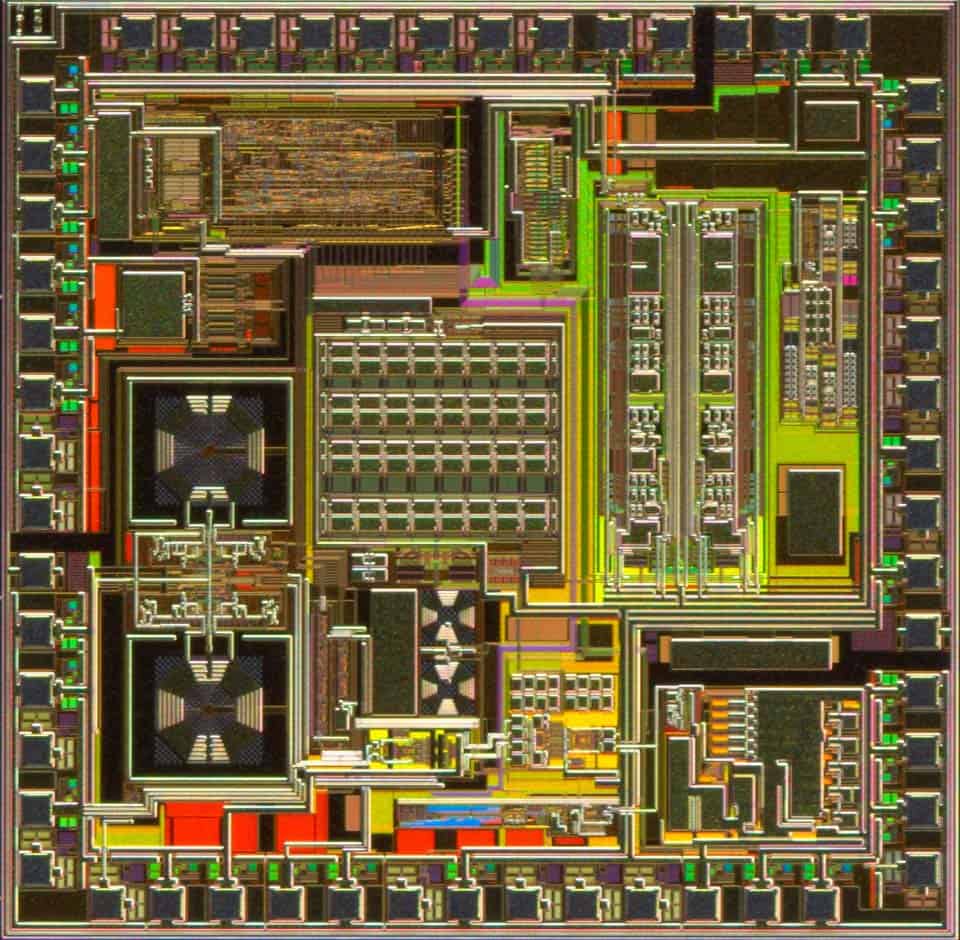
IBM has entered into a Phase 1 Other Transactions Agreement administered by the Naval Surface Warfare Center (NSWC) Crane Division, within the U.S. Department of Defense (DoD), to support advancing U.S. microelectronics technology.
The agreement, which is under the Rapid Assured Microelectronics Prototypes (RAMP) Advanced Commercial Capabilities Project through the Strategic and Spectrum Missions Advanced Resilient Trusted Systems (S²MARTS), is funded by the Office of Secretary of Defense (OSD) via the Trusted & Assured Microelectronics Program.
Microelectronics, also referred to as semiconductors, underpin U.S. defense and national security capabilities. The objective of RAMP is to leverage commercial industry’s expertise and demonstrate measurably secure physical design of State-of-the Art (SOTA) microelectronics technologies, Application Specific Integrated Circuits (ASICs), and Systems on a Chip (SoC).
For the next several months, IBM’s Research and Services teams and its partners will support the integration and development of these capabilities with an integrated approach to help identify and mitigate threats. These combinations are intended to enable measurably secure microelectronics with lower power consumption, improved performance, reduced physical size, and enhanced reliability.
“The semiconductor industry is critical for our nation’s security, technology leadership and economic growth,” said Jay Bellissimo, IBM’s General Manager, U.S. Public and Federal Market. “IBM is proud to be one of DoD’s suppliers in this critically important mission and put our cutting-edge technologies and expertise in service of the defense community.”
More specifically, IBM and its partners will deliver a solution that involves:
- A verifiable end-to end quantifiable assurance approach, for implementing a microelectronics supply chain and operational security standards based on commercial best practices and tools;
- A multi-foundry SOTA product pipeline, to provide the DoD with quantifiably secured access to multiple SOTA fabrication on-shore foundries; and
- A self-sustainable, commercially operated set of capabilities that support DoD Program of record microchip demand, built upon commercial best practices.












